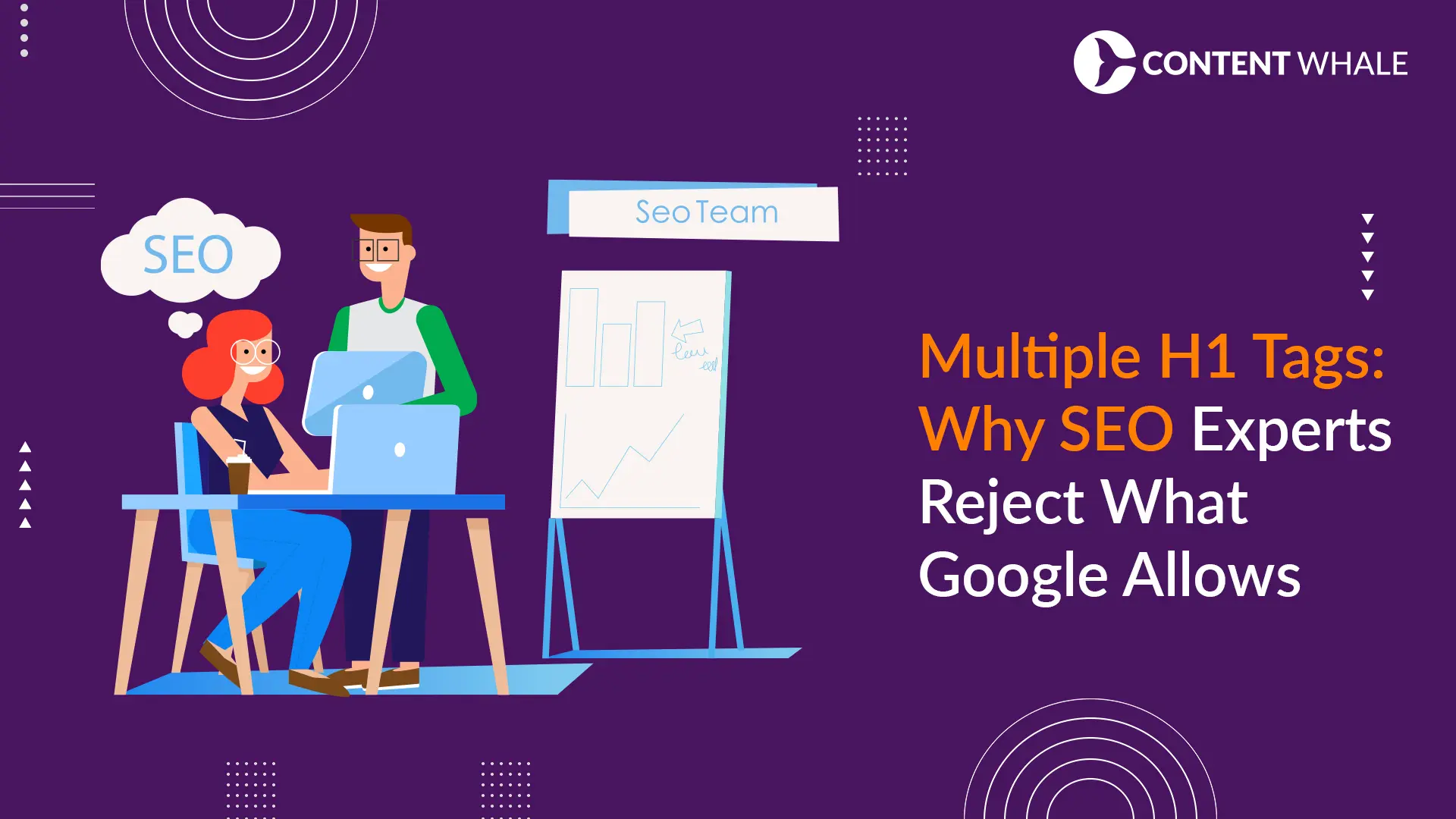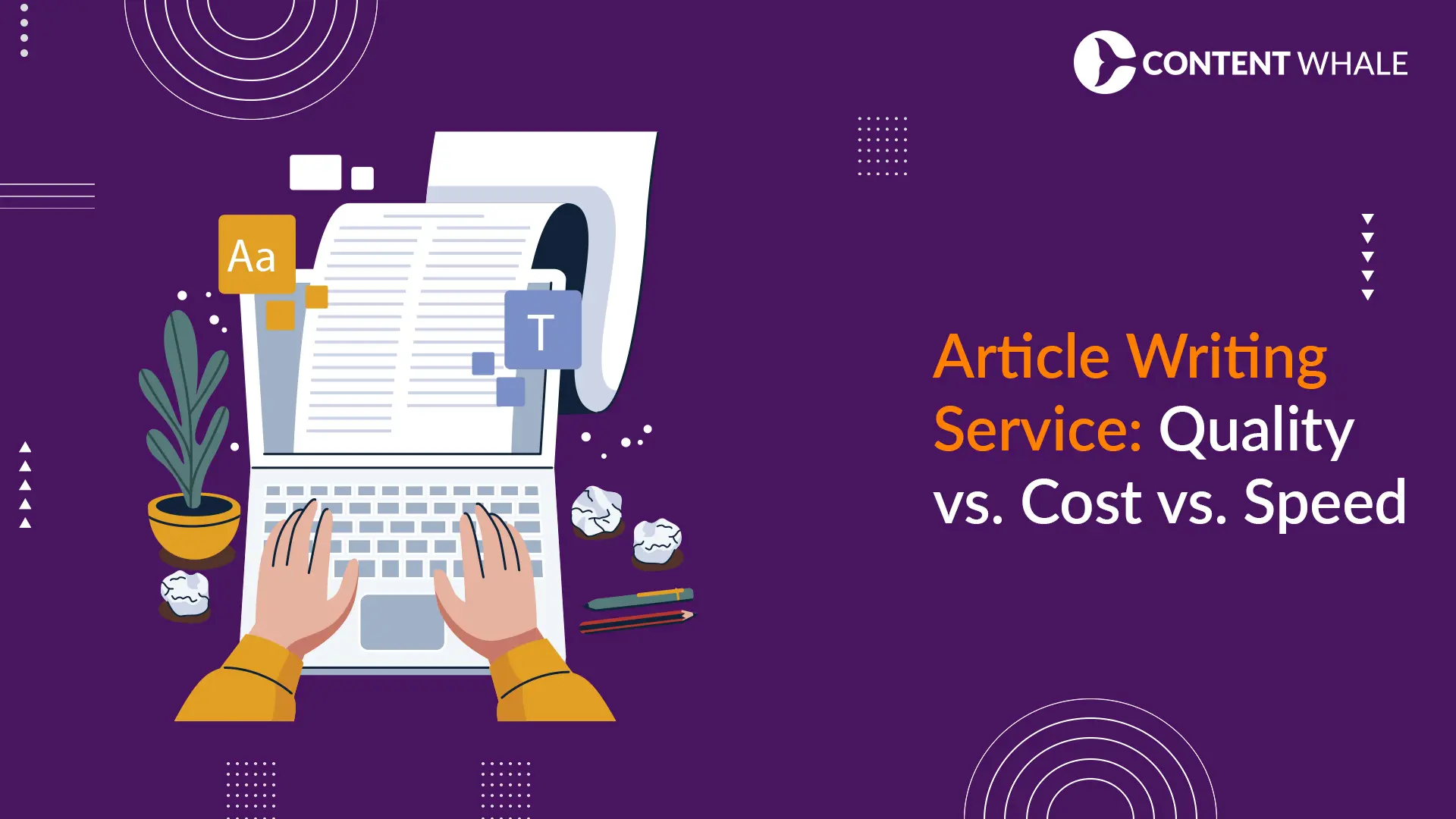Ranking high on search engines today demands more than just keyword repetition. It is about establishing clear context through entity associations. That is where entity association SEO becomes essential. Instead of relying on outdated keyword stuffing tactics, top performing websites now focus on connecting ideas and concepts that reflect how users search.
By aligning content with recognized topics, people, and concepts, entity based SEO helps search engines interpret your site’s relevance more precisely. When executed well, this approach amplifies your chances of appearing in knowledge graphs, featured snippets, and Google entity stacks, enhancing both visibility and authority.
Whether you are working with entities in SEO to improve topical depth or using schema markup for technical clarity, these strategies support a more intelligent form of optimization: entity search SEO. For brands and publishers alike, building strong entity relationships and leveraging structured data is the new standard for ranking smarter, not harder.
What Is Entity SEO and Why Entity Based SEO Matters
Search engines no longer rank pages based solely on how many times a keyword appears. Today, they look at entities and SEO together. An entity can be a person, place, brand, product, or even an abstract concept that has a unique identity and is recognized in the context of search.
This is where entity association SEO steps in. Instead of focusing on isolated words, you align your content with real-world things that users and Google both understand. This helps create deeper meaning and relevance, which leads to stronger search visibility.
According to Google, the Knowledge Graph contains over 500 billion facts about five billion entities, enabling more precise search results beyond keyword matching (Source).
How Search Engines Recognize Entities
Google uses systems like the knowledge graph, structured data, and natural language processing to understand how content connects. It recognizes not just words but the relationships between them. When you use schema markup correctly, you provide a clearer picture of what your content is about and how it relates to other topics.
This is the foundation of entity based SEO. It goes beyond content. It builds meaning and context.
Core Concepts of Entity Association SEO

Building Relationships Between Entities
Entity association SEO is built on the idea that related entities strengthen a page’s relevance. When your content connects clearly to other known entities, search engines can map its topic more accurately. For example, a blog on “email marketing” could connect to entities like “Mailchimp,” “click-through rate,” and “email automation.” These are meaningful associations that add depth.
Creating internal links between related topics and using consistent naming across pages also reinforces these relationships. When you show how entities relate, you build trust with both users and algorithms.
Public databases like Wikidata, DBpedia, and Wikipedia are foundational sources for how search engines recognize and organize entities in the Knowledge Graph (Source).
Identifying Gaps in Entity Coverage
Performing an entity gap analysis is key to making your content more complete. This involves comparing your pages with high-ranking content to identify which entities in SEO are missing from your coverage.
If your article lacks connections to essential or trending entities, you risk falling behind. Filling those gaps ensures your site stays relevant and authoritative in its niche.
Strengthening Internal and External Entity Links
Linking to other authoritative content that shares similar entity relationships helps create a stronger association. Whether it is linking to related blog posts, tools, or reference material, every link adds clarity.
Internally, linking between your own pages around shared entity based SEO topics reinforces topical depth and navigation.
Technical and Content Tactics for Entity Based SEO

Using Schema Markup to Define Entities
One of the most effective tools in entity based SEO is schema markup. This structured data tells search engines exactly what your page is about. It defines the entities mentioned, their attributes, and their relationships to other entities. For instance, marking up a product with “@type: Product” and including brand, rating, and availability provides Google with a clear picture.
Correct implementation of schema improves the chances of being featured in Google entity stacks and knowledge panels. It is not just about technical SEO—it directly impacts how content is recognized.
According to Google’s documentation, schema types such as Product, Person, Organization, and Event most commonly trigger enhanced results like carousels and knowledge panels (Source).
Structuring Content Around Entities
Good structure is crucial for entity clarity. Start with a main entity in the introduction. Follow it with clearly connected subtopics throughout the post. Use subheadings, bulleted lists, and consistent terminology. This makes it easy for both readers and search engines to follow.
Placing entities and SEO concepts prominently in headers, titles, and early paragraphs reinforces their importance without overusing keywords.
Including Related and Supporting Entities
Beyond the main topic, support your page with related concepts. This is where entities in SEO multiply value. For example, a post on “digital marketing” could include entities like “conversion rate optimization,” “Google Analytics,” and “content marketing strategy.”
Mentioning and linking to these strengthens your entity graph and increases your site’s relevance on a broader scale.
Measuring Success and Avoiding Mistakes in Entity SEO

Tracking Metrics That Reflect Entity Performance
Standard SEO metrics only tell part of the story. For entity SEO, track signals that show how well your content connects to known concepts. These include visibility in the knowledge graph, improved rankings for semantically related terms, and growth in pages receiving rich results.
Tools like Google Search Console, Semrush, and schema testing tools help monitor how your structured data performs and whether Google entity SEO signals are being picked up.
Avoiding Keyword Overuse and Poor Associations
Stuffing content with repetitive keywords weakens entity association SEO. Instead, use your main and supporting entities naturally. Overloading a page with forced references can confuse search engines and even reduce your topical authority.
A clean content layout, relevant links, and natural repetition of entities in SEO ensure your page feels informative rather than overloaded.
Keeping Your Entity Graph Updated
Search behavior evolves. Entities that mattered last year may not be relevant today. Perform regular updates to your content, especially long-form pages and cornerstone articles.
By adding or replacing entities based on new industry terms, trends, or Google features, your site maintains strong entity relationships and continues to rank competitively.
How Content Whale Can Help With Entity Association SEO
| Feature or Service | What It Does for Your Entity SEO Strategy |
| Entity Mapping Workshop | Identifies the most valuable and related entities for your industry. |
| Schema & Structured Data Setup | Ensures all key pages are marked up to align with Google entities SEO signals. |
| Entity Gap Audits | Analyzes your existing content to spot missing entity relationships and topics. |
| Internal Linking Optimization | Strengthens entity association SEO by connecting related content effectively. |
| Monitoring & Ongoing Support | Keeps your entity based SEO up to date with new search patterns and industry trends. |
Whether you are launching new pages or revamping old ones, our SEO experts use advanced tools and manual audits to strengthen your entity connections. We align your strategy with what search engines actually recognize: real, structured, and validated entities in SEO.
Conclusion
Focusing on entity association SEO gives your content the clarity and relevance that search engines prioritize. Instead of relying on shallow keyword targeting, you create connections that help define your brand’s position in a specific niche. When those connections are supported with schema markup, optimized linking, and updated entity based SEO practices, the results are stronger rankings and more qualified traffic.
By understanding and applying the concepts of entity SEO, you not only improve visibility but also future-proof your site against algorithm updates. Every brand that wants long-term search growth needs to embrace this shift.
Need help getting started with entity SEO? Reach out to Content Whale for expert guidance that drives real results.
FAQs
1. What is the difference between entity SEO and keyword-based SEO?
Entity SEO focuses on the meaning behind topics, not just repeated phrases. While keyword SEO targets search terms, entity association SEO connects your content to recognized subjects and improves how search engines interpret relevance, leading to stronger long-term rankings and better alignment with Google entities SEO standards.
2. How do I find relevant entities for my content?
Use tools like Google’s knowledge graph, competitor analysis, and schema validators to identify which entities in SEO are associated with your topic. This approach ensures stronger entity relationships and fills gaps that could otherwise hurt your visibility on key search terms and entity search SEO queries.
3. Is schema markup necessary for entity based SEO?
Yes, schema markup plays a crucial role in entity based SEO. It allows search engines to process your content as structured information, boosting your chance of being featured in knowledge panels, snippets, and Google entity stacks. It also enhances how your entity associations are understood.
4. Can small websites benefit from entity association SEO?
Absolutely. Even smaller sites can improve authority by structuring content around relevant entities in SEO. Building topic clusters, linking between related posts, and applying schema helps demonstrate context and relevance. Key factors that improve rankings over time, regardless of domain size or age.
5. How often should I update my content for better entity SEO?
You should audit and refresh your content at least once every three to six months. As new entities and SEO trends emerge, updating your posts ensures continued alignment with search algorithms and better entity association SEO performance. Include any new terms, schema types, or internal links as needed.





